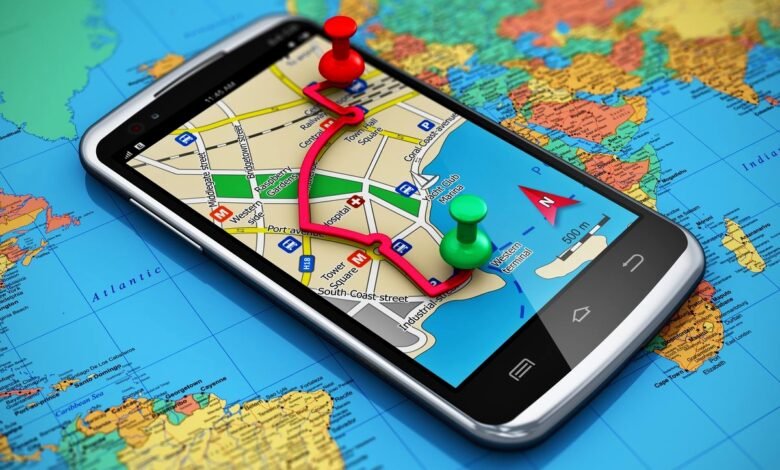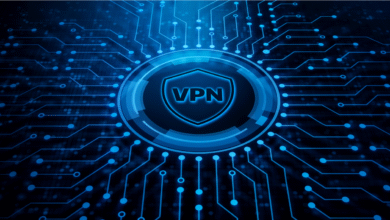
GPS, or Global Positioning System, is a satellite-based navigation system that has become an essential tool today. It allows us to pinpoint our location accurately and quickly easily easily navigate our way to destinations. But GPS is not just limited to navigation. It has several other benefits that you should know about. In this article, we will explore the seven excellent benefits of GPS that you should know about.
Accurate Navigation
One of the primary benefits of GPS is accurate navigation. GPS uses satellites to triangulate your location, providing you with turn-by-turn directions to your destination. It can calculate the fastest route, avoid traffic congestion, and help you reach your goal in the shortest time possible. GPS lets you confidently explore new places and never worry about getting lost.
Real-time Traffic Updates
GPS also provides real-time traffic updates, allowing you to avoid congested routes and save time. It uses data from other GPS-enabled devices to track traffic patterns and offers alternative ways to reach your destination faster.
Emergency Services

GPS can be a lifesaver in emergencies. It allows emergency services to locate you quickly and accurately in a crisis. If you are lost, injured, or need help, GPS can help rescue teams find you and provide assistance.
Improved Fleet Management
GPS technology has revolutionized fleet management. With GPS tracking devices installed in vehicles, fleet managers can monitor their vehicles’ location, speed, and route at all times. This allows them to optimize routes, reduce fuel consumption, and improve efficiency.
Enhanced Security
GPS tracking also enhances the security of vehicles. It allows fleet managers to track their cars and monitor for unauthorized use or theft. In case of theft, GPS tracking can help authorities locate and recover the stolen vehicle quickly.
Precision Agriculture
GPS technology has transformed the agricultural industry. Farmers can precisely plant and fertilize their crops with GPS-enabled tractors and equipment. This results in better yields, reduced waste, and improved efficiency.
Soil Analysis
GPS technology can also be used for soil analysis. GPS-enabled drones can collect soil samples from different parts of a farm. The data collected can then be used to create soil maps, allowing farmers to make informed decisions about using fertilizers and other inputs.
Search and Rescue
GPS is an invaluable tool in search and rescue operations. It allows rescue teams to locate missing persons or downed aircraft quickly and accurately. GPS can be the only means of communication and navigation in remote areas.
Wilderness Exploration
GPS technology has also made wilderness exploration safer and more accessible. With GPS, hikers and outdoor enthusiasts can accurately navigate through remote areas and stay on course.
Sports and Fitness
GPS technology has revolutionized sports and fitness. GPS-enabled wearables can track your activity, monitor your heart rate, and provide valuable insights into your performance.
Route Planning
GPS can also be used for route planning in sports and fitness. With GPS-enabled apps, you can plan your running or cycling route, track your progress, and monitor your performance. This allows you to set and achieve fitness goals with ease.
Geocaching
Geocaching is a fun and exciting activity that involves using GPS to find hidden treasures. It has become a popular pastime for people of all ages and can be enjoyed anywhere worldwide. With GPS, you can navigate to the hidden gem and enjoy the thrill of the hunt.
Education
Geocaching can also be used for educational purposes. It allows students to explore and learn about their surroundings in a fun and interactive way. Teachers can use GPS-enabled devices to create educational scavenger hunts and engage their students in outdoor learning.
Related FAQs
- Is GPS technology reliable? Yes, GPS technology is very reliable. It is used by millions of people worldwide and has high accuracy.
- Can GPS work without an internet connection? Yes, GPS can work without an internet connection. It uses satellite signals to triangulate your location and provide you with accurate navigation.
- How does GPS tracking work? GPS tracking uses a GPS device to send signals to satellites, transmitting location data back to the device. The device can then use this data to track the object’s location.
Conclusion
In conclusion, GPS technology has revolutionized how we navigate and explore the world. From accurate navigation to emergency services, fleet management, precision agriculture, search and rescue, sports and fitness, and geocaching, GPS has several amazing benefits that you should know about. So, the next time you use GPS, remember its amazing benefits and how it has changed how we interact with our world.
Read More: 11 Cutting Edge Technologies That May Soon Be Making A Big Impact 2023








One Comment